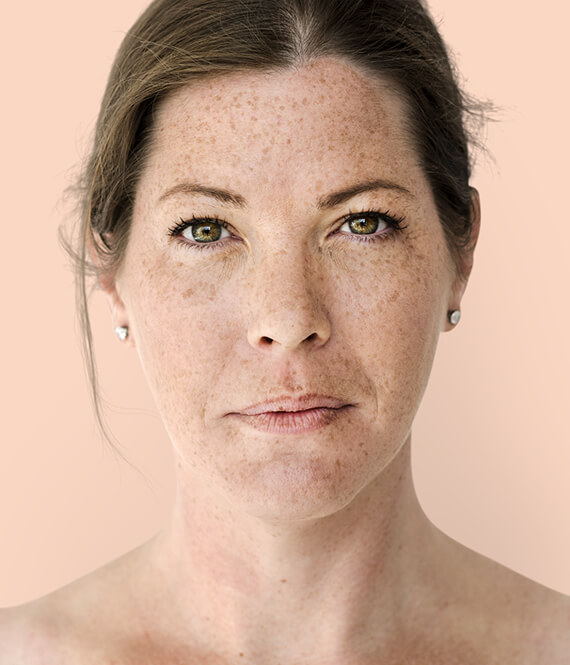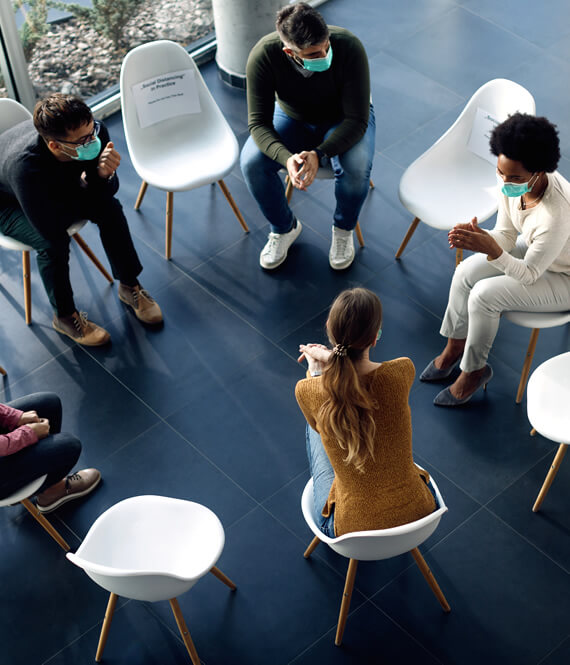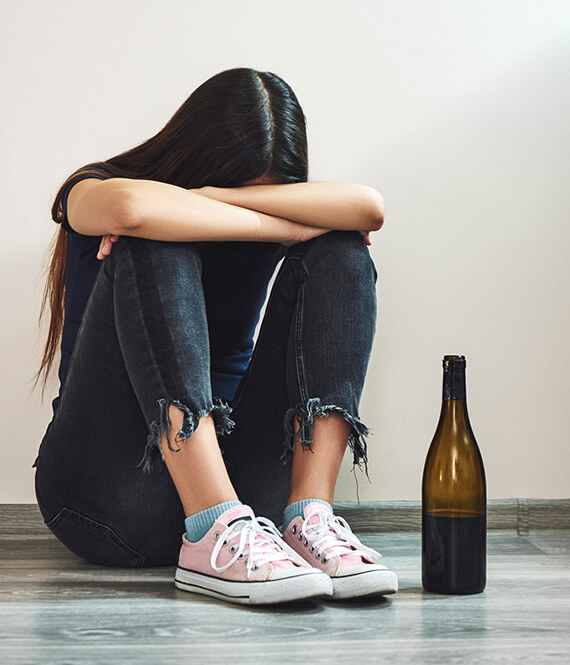
Eight Pros and Cons of In-Person Rehab: Is it the Right Option for You?
We recommend helpful products in our articles. Read our full disclosure here. The content on this website is not intended to be a substitute for professional advice, diagnosis, or treatment.
In-person rehabilitation centers offer comprehensive support for individuals seeking to overcome drug or alcohol addiction.
In the following article, we will examine various pros and cons.
If you’re considering in-person rehab, you will then be able to choose the right path toward recovery.
What to Expect from Your Chosen Rehab Center
When seeking help for addiction, it’s essential to know what to expect from an alcohol rehab center and/or drug rehab center.
Typically, your chosen rehab will offer a personalized treatment plan that includes evidence-based therapies such as counseling, group support sessions, and education on coping skills.
If we consider medical care, detox is often provided under professional supervision to manage withdrawal symptoms safely.
Moreover, you’ll be surrounded by expert staff members who are dedicated to assisting with your recovery journey every step of the way.
By embracing the healing process at a rehab center, you can effectively overcome your addiction challenges and regain control of your life.
Five Pros of In-Person Rehab
There are many pros to in-person rehab.
The following five are some of the key ones.
1. Personalized Attention
One significant advantage of in-person rehab is the personalized attention you receive from experienced professionals.
The therapists and counselors at a rehab center are dedicated to understanding your unique needs, which allows them to craft an individualized treatment plan tailored specifically for you.
This level of personal care and monitoring can be difficult to achieve through remote or online treatment.
2. Structured Environment
In-person rehab provides a structured environment that’s designed to support recovery.
Daily routines, activities, and therapy sessions keep you focused on healing while minimizing potential distractions or triggers that could derail your progress.
This structured setting can significantly contribute to long-term success, as it helps build new habits and coping mechanisms that will serve you well after leaving rehab.
3. Peer Support
Another pro of in-person rehab is the opportunity for peer support.
Being surrounded by others who share similar experiences and struggles can help foster a sense of understanding, empathy, and encouragement throughout your recovery journey.
Group therapy sessions and communal living situations provide ample opportunities for bonding with others who are also working towards recovery.
4. Access to Comprehensive Services
In-person rehab centers typically offer a wide range of comprehensive services that address various aspects of addiction recovery.
These may include detoxification facilities, mental health counseling, physical therapy, nutrition guidance, vocational training, and aftercare planning.
By having access to these services in one location, you can create a seamless and holistic approach to your recovery, leading to a higher likelihood of sustained success.
5. Immediate Intervention
In an in-person rehab center, professional help is always close by.
This immediate intervention means that potential crises or emergencies can be quickly addressed by experienced staff members.
Such a timely response is crucial for mitigating risks during high-stress moments throughout your journey toward recovery.
Three Cons of In-Person Rehab
You should weigh up the pros with the potential cons to find out whether in-person rehab is the right option for you.
So, here are three possible disadvantages that you should know about.
1. Limited Privacy
Residential treatment centers typically require sharing living spaces with other recovering individuals.
The communal living experience can provide valuable peer support opportunities, yet it may also result in a lack of personal privacy.
For those who value their space and solitude, this aspect of in-person rehab might be challenging and uncomfortable.
2. Time Commitment
Committing to an in-person rehab program often involves taking some time off work or away from family responsibilities, which not everyone has the flexibility to do.
Lengthy treatment programs can put a strain on both personal and professional relationships, too, making attendance difficult for individuals with multiple obligations outside of recovery.
3. Stigma Surrounding Treatment
Despite ongoing efforts to break stereotypes surrounding addiction and mental health issues, there is still a societal stigma attached to seeking help at an in-person rehab center.
So, you may fear judgment or discrimination from friends, relatives, or employers if they find out about your decision to enter a residential program.
"We love to research problems, examine studies, analyze solutions, and share with you ideas that make life healthier. You can learn about us and our editorial standards here. Have suggestions or feedback to share? Send us a message!."













Leave a Comment